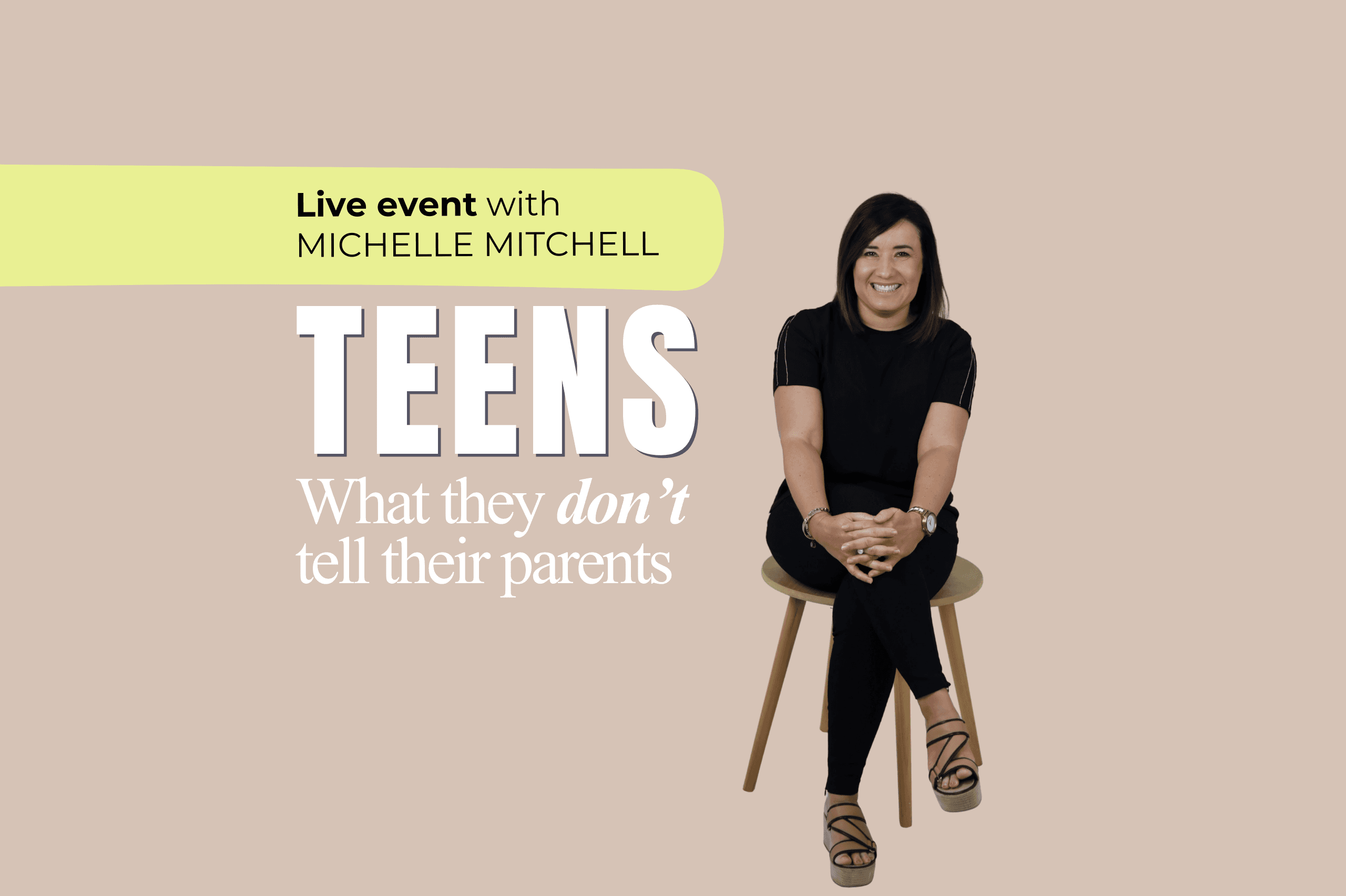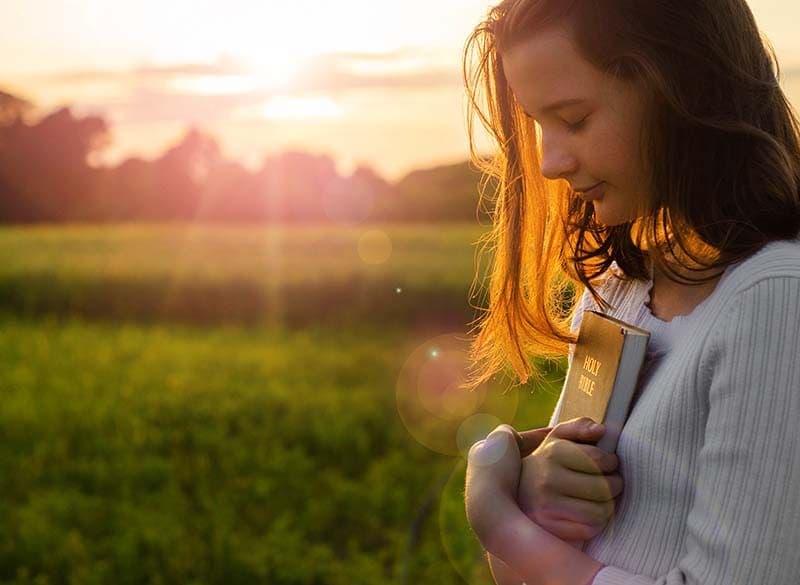When news broke about the potential ban of YouTube for under-16s, many parents responded with a mix of relief and curiosity. Would this finally take pressure off families struggling to manage screen time? Would it help protect young people from the darker corners of the internet?
But as parenting expert Michelle Mitchell shared in a recent chat with Rob and Ash, the conversation runs deeper than policies and platforms. “It might become illegal,” she said, “but that doesn’t mean it becomes inaccessible.”
And that’s the heart of the issue.
Rules may change, but the responsibility still rests within the home. Families are the first line of defence, and the first place of formation. Boundaries matter, but so do values. What young people watch, how they interpret it, and where they turn for truth will always be shaped more by relationships than regulations.
Michelle highlighted a confronting statistic: four out of ten young people who experience harm online say it happened through YouTube. Not an obscure app, but a platform used daily in countless homes and it doesn’t require a login.
This raises a crucial question for every parent and caregiver: even if the ban went ahead, would it change anything at a heart level?
The truth is, meaningful change begins with trust, conversation, and spiritual grounding. It begins with parents modelling wise choices, listening with compassion, and helping children discern what is healthy, helpful, and holy. No policy can replace that kind of formation.
In a digital world where the lines are constantly shifting, the most powerful protection isn’t in the device settings, it’s in the discipleship happening at home.
🎧 Catch it on our socials with Michelle Mitchell here








